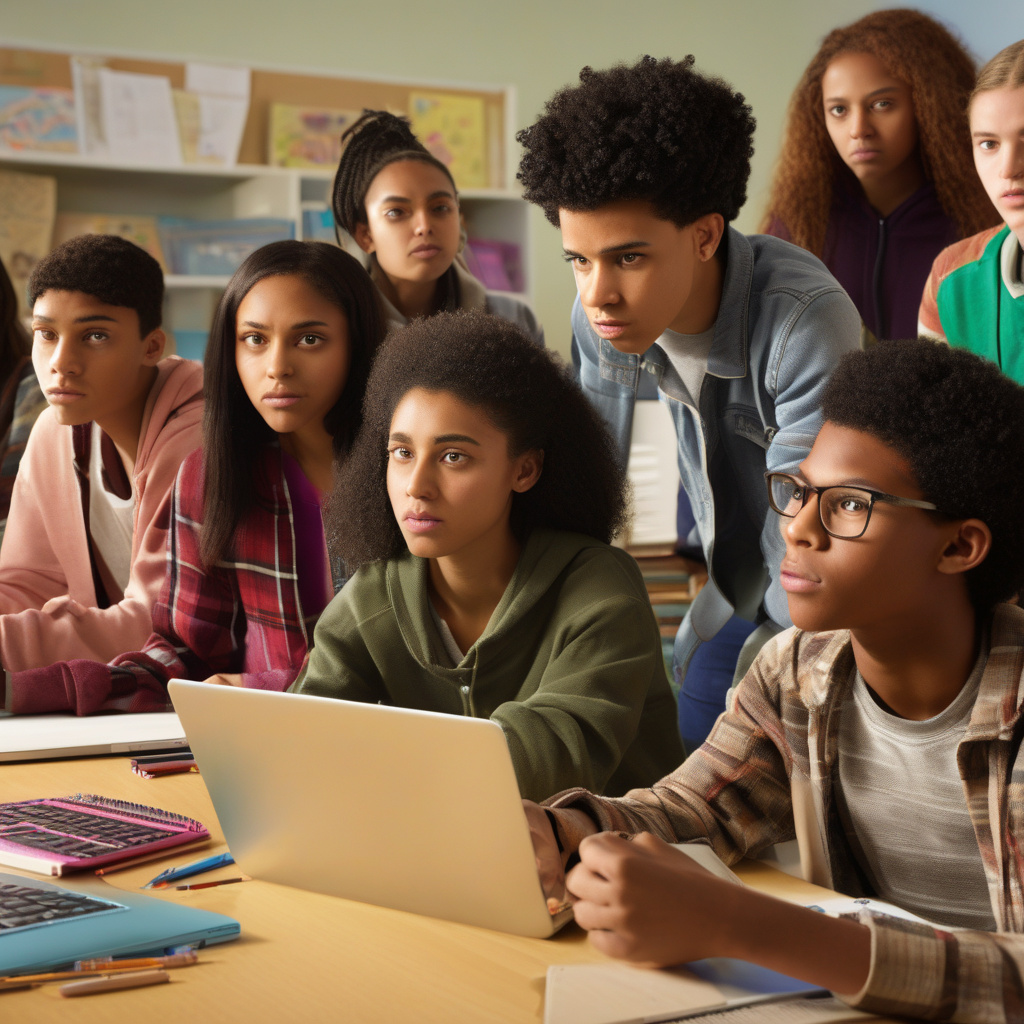AI in Education: Empowering Teenagers But Raising Concerns Over Misinformation
In today’s digital age, teenagers are turning to artificial intelligence (AI) as a valuable tool for their learning endeavors. A recent report by the Oxford University Press has revealed that a significant number of students rely on AI for schoolwork, leveraging its capabilities to access information, enhance their understanding of complex subjects, and improve their academic performance. While the integration of AI in education has undoubtedly brought about numerous benefits, it has also raised concerns regarding the ability of teenagers to discern and combat misinformation effectively.
The widespread adoption of AI among students can be attributed to its unparalleled ability to provide personalized learning experiences. AI-powered educational platforms can analyze a student’s learning patterns, strengths, and weaknesses to deliver tailored content and recommendations, thereby catering to individual learning needs. By offering interactive and engaging learning opportunities, AI not only makes learning more enjoyable but also fosters a deeper understanding of concepts.
Furthermore, AI equips students with instant access to a vast array of educational resources, enabling them to explore diverse perspectives, conduct in-depth research, and broaden their knowledge horizons. Whether it’s accessing online libraries, interactive simulations, or educational videos, AI serves as a gateway to a wealth of information that transcends traditional classroom boundaries. This unrestricted access to information plays a pivotal role in empowering students to take ownership of their learning journey and pursue their academic interests with greater autonomy.
However, the proliferation of AI in education has also exposed teenagers to the challenge of navigating the complex landscape of online information, where misinformation and fake news abound. The Oxford University Press report highlights that many students struggle to discern credible sources from unreliable ones, leading to the inadvertent perpetuation of false information. In an era where misinformation can spread rapidly across digital platforms, the ability to critically evaluate sources and verify information is becoming an increasingly crucial skill for teenagers.
To address this pressing issue, educators and policymakers must prioritize digital literacy education to equip students with the necessary skills to identify and combat misinformation effectively. By integrating media literacy, fact-checking techniques, and critical thinking exercises into the curriculum, schools can empower students to navigate the digital world with confidence and discernment. Additionally, fostering a culture of skepticism and encouraging students to question the validity of information they encounter online can help cultivate a more discerning and informed generation.
In conclusion, the integration of AI in education represents a transformative shift in the way teenagers learn and engage with academic content. While AI offers unparalleled opportunities for personalized learning and knowledge acquisition, it also underscores the importance of fostering digital literacy skills to combat misinformation effectively. By empowering students with the tools and knowledge to navigate the digital landscape responsibly, we can ensure that the benefits of AI in education are maximized, and the pitfalls of misinformation are mitigated.
#AIinEducation, #TeenagersLearning, #MisinformationChallenge, #DigitalLiteracy, #EmpoweringStudents
